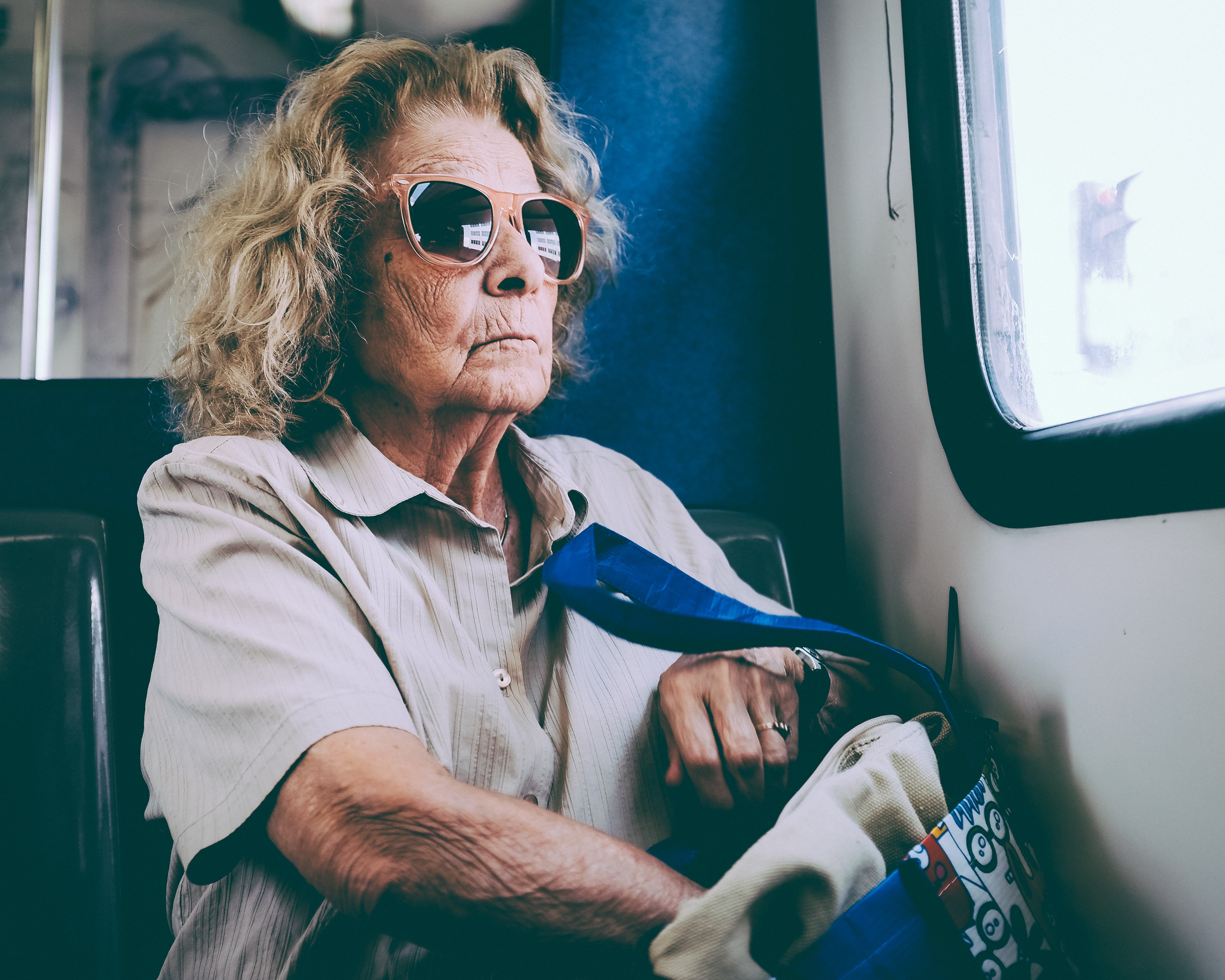I woke up needing a coffee.
Several months into the pandemic with heavy rain for the last several days, this morning was different. The sun was shining brightly. Having already worked out and meditated, I was excited to get outside, enjoy the weather, and pick up a coffee at my favorite neighborhood café.
To my surprise and delight Sammy, the manager, was back behind the counter after having been off for weeks given their reduced operating schedule. We had barely began catching up when I noticed an older woman walk in—probably late fifties, wearing a mask, baseball cap, sunglasses, with several plastic bags hanging from her wrists. She was moving lethargically.
Eager to chat more with Sammy, but not wanting to hold her up, I said politely, “Happy to let you get in here and order, if you’re ready?” She quickly shot back, “Well, are you going to stand there, or get out of the way?”
Surprised. Confused. And frankly a bit hurt. I wasn’t exactly sure how to respond, or what might have provoked this response. Strong emotions bubbled up. My blood pressure raced. There were things I wanted to say. I let out an awkwardness-breaking chuckle and said sure thing, as I stepped back.
As she passed by, she uttered, “Actually, it’s really not funny; I don’t want any of your f*cking COVID breathe on me.”
It’s Often Not About You
The incident was unexpected and unsettling. My morning and energy had transformed in an instant. While not my first taste of someone behaving poorly during the pandemic, this seemed particularly egregious.
I began to retrace the steps in my mind and assess my behavior. Had I done anything wrong? COVID breathe? I was following appropriate guidelines—wearing a mask and gloves. Had I said something that might have been misconstrued as provoking? Not only had I spoken politely, friendly tone and all, my motivations were well-intentioned—I didn’t want to hold her up.
I was struck by my strong urge to say something. To stand up for myself. To let her know her language and behavior were totally inappropriate. That I didn’t deserve to be spoken to that way. No one did.
Three years ago, minus all the self-reflection, I might have done just that—responded reactively. Instead, I instinctively took a couple deep breaths, which had a grounding, settling effect. My thoughts gradually began to shift from all about me to her.
This can’t be about me I said to myself.
What is going on with this woman? What could have prompted this outburst? My curiosity increased, while my anger subsided. I wanted to let it go. To do the right thing. And then it came. Some answers. “I have Leukemia,” she said, “I just came from the hospital and it’s really just not funny.”
Condemn The Act, Not The Person

I’ve reflected on the experience since it happened and tried to reconcile the incident in my mind. I’ve concluded it’s not only possible, but essential, to express empathy and compassion for people who may be behaving in ways we might disagree with during these highly anxious and uncertain times.
While the verbal assault wasn’t about me, in this case, it was also about more than just someone more on edge than usual due to the virus. This woman was combating cancer, and from what I could gather, doing more than she might like, or perhaps all of it, alone.
She had gotten carried away. In effect, projecting her pain outward. Under different circumstances, I’m sure she would have behaved differently.
Taking those deep breaths, creating that pause, I was able to calm myself, settle enough that I was able to not only respond skillfully, but show up with increased awareness and compassion for myself as well as her. This prevented me from escalating things, from behaving in a way I might later regret, and from compounding her suffering. Instead, I chose to wish her well and extend my hope that things work out for her.
So the next time someone does, or says something, that triggers you, rather than respond reactively, take several deep, settling breaths and remember, it’s often not about you. Choose to show up with increased awareness and compassion for yourself as well as the other person.
Interested in increasing your self-awareness and ability to respond less reactively, shoot me an email and we can talk.


